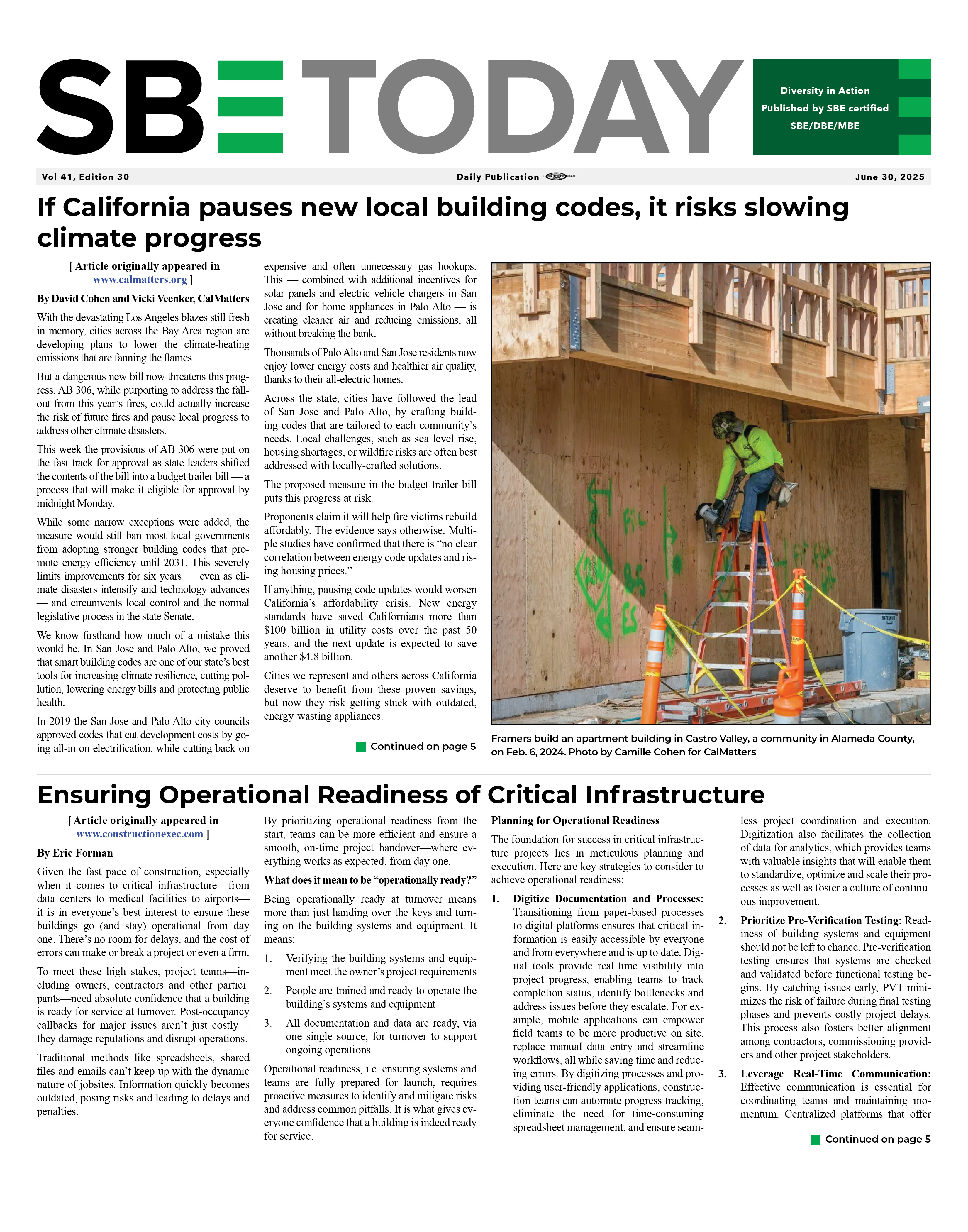|
|
SBA Loans Explained – A 101 for Small Business Owners
05/20/2019
By Caron_Beesley, In FY 2014, the SBA’s flagship loan program, the 7(a) Loan Program, achieved another lending record. By the end of the fiscal year (Sept. 30), SBA had approved 52,044 7(a) loans for nearly $20 billion, an increase of 12 percent in the number of loans and 7.4 percent in dollar amount over the previous year. If you have struggled to get financing in the past or are thinking of venturing into small business loan territory for the first time, you may be wondering what SBA’s loan programs are all about. By way of introduction to SBA’s loan programs – what they are, who can benefit, and how to apply – here’s a brief 101. What is an SBA loan?First, let’s dispel a myth – SBA doesn’t make direct loans to entrepreneurs to start or grow a business. Instead, it provides a guarantee to banks and lenders for the money they lend to small businesses owners. This guarantee protects the lenders interests by promising to pay a portion of the loan back if the business owner defaults on the loan. So when a business applies for an SBA loan, it is actually applying for a commercial loan through a bank or authorized SBA lender, structured according to SBA requirements with an SBA guarantee. Essentially, SBA loans alleviate the risk associated with lending money to business owners and entrepreneurs who may not qualify for traditional loans – thus opening up lending opportunities to thousands of entrepreneurs, start-ups, growing businesses, minorities and veterans. Read more about SBA’s role in the process. What types of loans are available?There are several types of loans that business can take advantage of, each developed to suit the needs of your business. The 7(a) loan program, for example, can be used for a number of purposes including working capital, revolving funds, equipment purchases, refinance existing debt and more. This short video provides the low-down on 7(a) and is worth a look. SBA also offers export-assistance loans (which grew by 3.7 percent this year) as well as financing for seasonal working capital (CAPLine) or major fixed-assets such as equipment of real estate (CDC/504 loans). In addition, SBA can help business owners in need of financing to help with disaster recovery. Disaster loans – available to homeowners, renters, businesses of all sizes and private, nonprofit organizations – can be used to repair or replace items that have been damaged or destroyed in a declared disaster including, real estate, personal property, machinery and equipment and inventory and business assets. If you are looking for smaller loan amounts (under $50,000), consider the Microloan program or the SBA Express program. A subset of the 7(a) loan program, SBA Express is designed for businesses with financing needs up to $350,000. The proceeds can be used to finance a variety of business activities and no collateral is required for loans up to $25,000. It’s also worth knowing that fees on all SBA loans are currently extremely favorable to veterans and are currently set at zero for loans under $150,000. Which loan is right for me?Still not sure if there’s a loan for your particular need? Check out this loans wizard from BusinessUSA.gov. In a few steps it will point you to the right kind of financing. Is my business eligible for a loan?While each loan has its own specific qualification criteria (here’s the deal on 7(a) eligibility), talk to your bank or lender about your needs and business profile. Another resource is your local SBA District Office. Take note, in addition to meeting SBA requirements, lenders will also take into consideration credit factors such as your business cash flow, equity investment, collateral, etc. How do I apply for an SBA loan?While each SBA loan program has its own eligibility criteria and application process (which you’ll work through with your lender), there is some advance preparation that you’ll need to undertake. From personal and business financial statements to old tax returns, this loan application checklist details what you’ll need to prepare in advance of your loan application. This online course also explains how to prepare a loan package. More information
For a complete overview of SBA’s loans programs, visit the Small Business Loans Guide on SBA.gov. Back To News |
|





